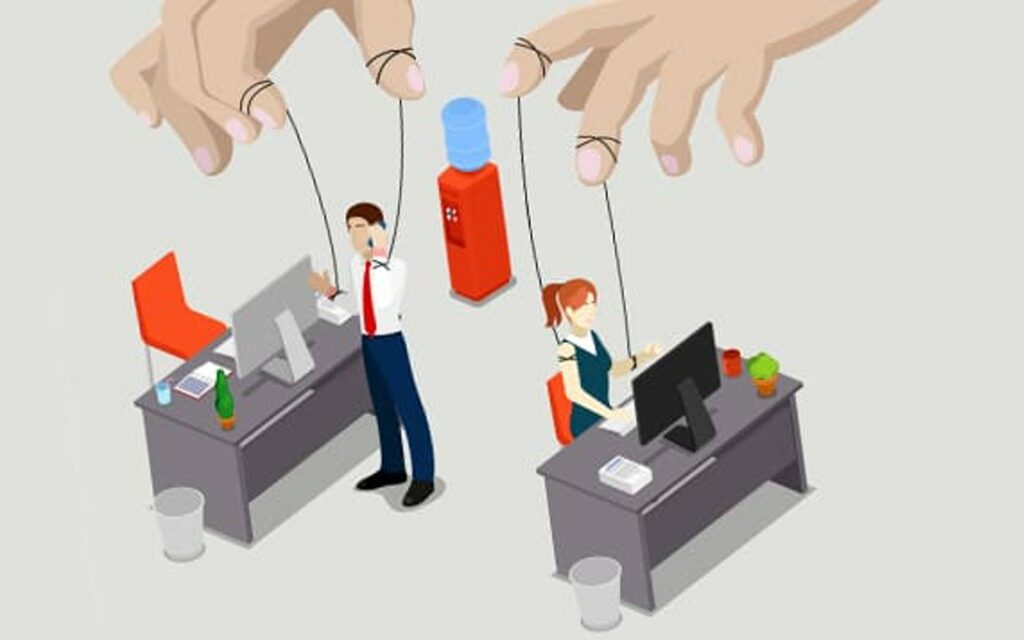
Know a Micro-Manager? Read This
We’ve all experienced a boss who micro-manages our work and know this behavior is frustrating and demotivating.
There are three reasons why a manager becomes a micro-manager.
One, they are newly promoted to a supervisory or management role and believe the reason they got advanced was because of their expertise at their job. This belief may be right, but often the reason for the promotion was management believed the new manager could lead others to the same level of excellence they exhibit. The problem is, the newly promoted boss wants everyone to do things exactly the way he/she did them. As a result, they micro-manage their work to be just like the way they did it.
Two, the new manager/supervisor is in over their head. They get promoted before they were ready and lacked the training required by their new responsibilities. When a lack of training or preparation happens, the new manager begins to manage the efforts of others at their comfort level, the little details and tactics.
Three, the new manager/supervisor doesn’t trust their team to execute well. This lack of trust stems from two reasons:
- A belief that staff training is inadequate.
- They are not motivated to do their job correctly.
How does an organization protect itself from destructive micro-management behaviors?
- Communication – Every time an employee gets promoted, a frank conversation about how their role and responsibilities have changed. Clearly explain why they are getting a promotion and how to use this new role as a development step for future growth. Help the manager understand how counter-productive and destructive micro-management behaviors can be for their career and the business.
- Onboarding – Allow the manager time to “onboard” themselves into their new role. The effort of “onboarding” should take place with every promotion, a new supervisor to a new executive position. This onboard activity should take 30-90 days depending on the situation and the number of direct reports. The newly promoted person is asked to interview each direct report, each peer and his/her new boss.
Here is the essence of this vital onboarding process:
First, this interview process is designed to help the manager understand their staff:
a. What motivates them
b. What they feel they do well
c. Where they need to improve
d. What their career aspirations are
e. To understand their personal and family situation.
Second, with peers, this interview process is to learn:
a. What their new peers need, want, and expect from them
b. What challenges they have had in working with this team
c. Where they see the team strengths
d. Where they observed team weaknesses
e. Where they would like to see improvement
Third, with their manager, this interview process is to learn:
a. What management expects of them
b. What problems do they feel need solving
c. What staff concerns they have
d. Where there are performance concerns
After this onboarding exercise, it is vital to meet again with the manager to share the notes and lessons learned.
Once the onboard process is complete, the newly promoted employee is prepared for their new role.